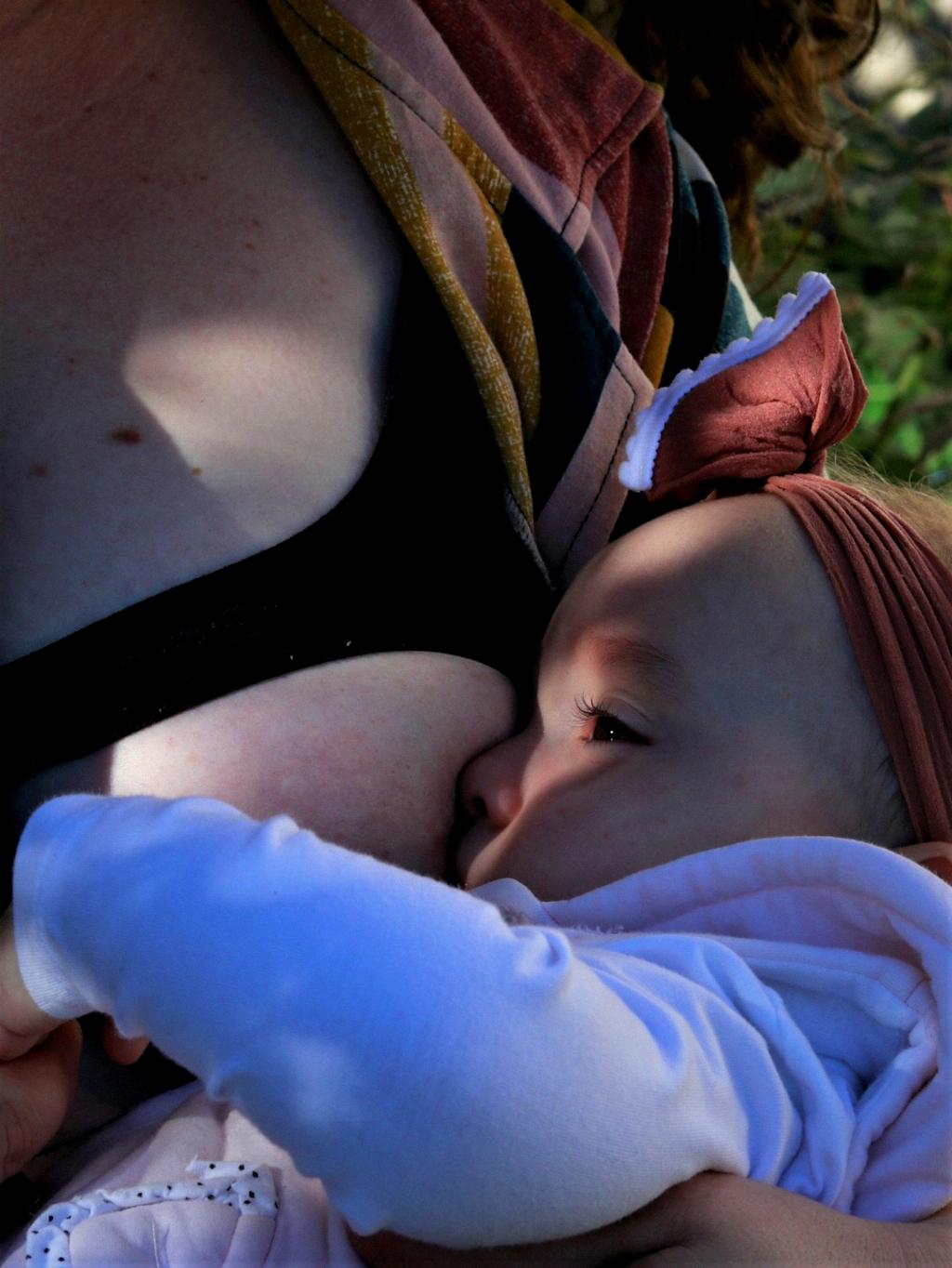When it comes to the intimate bond between a mother and her child, breastfeeding plays a significant role not only in providing essential nutrients but also in affecting the physiological responses of the mother. Recent research has shed light on the intriguing connection between breastfeeding and maternal heart rate, offering insights into how this natural act influences the cardiovascular system.
One captivating discovery is that during breastfeeding, mothers tend to engage in less verbal communication compared to other activities involving their infants. This subtle change in behavior hints at a deeper level of focus and concentration that breastfeeding elicits, potentially influencing the mother’s overall physiological responses, including heart rate.
Interestingly, studies have shown that maternal heart rate during breastfeeding is lower when compared to situations where the mother is simply sitting with the infant without nursing. This observation suggests that the act of breastfeeding induces a sense of calmness and relaxation in the mother, which in turn may lead to a decrease in heart rate.
Further elucidating the impact of breastfeeding on heart rate, measurements of maternal heart rate variability have provided crucial insights. These measurements indicate a higher level of parasympathetic activity in mothers during breastfeeding. The parasympathetic nervous system, often referred to as the “rest and digest” system, plays a key role in promoting relaxation and reducing stress responses, which can manifest as lower heart rate.
Examining the physiological mechanisms at play, it becomes evident that breastfeeding triggers a complex interplay between hormonal, neural, and psychological factors. The release of oxytocin, often dubbed the “love hormone,” during breastfeeding promotes feelings of bonding and attachment while also contributing to the regulation of heart rate.
Moreover, the rhythmic sucking action of the infant during breastfeeding can have a soothing effect on the mother, triggering the release of endorphins—natural painkillers and mood boosters. This cascade of hormonal responses creates a harmonious physiological environment that not only benefits the infant but also positively impacts the mother’s well-being, including heart rate regulation.
It is essential to recognize that the influence of breastfeeding on heart rate extends beyond the immediate physiological responses. Long-term studies have suggested that prolonged breastfeeding may contribute to cardiovascular health benefits for mothers, potentially reducing the risk of certain cardiac conditions later in life.
While the precise mechanisms underlying the relationship between breastfeeding and heart rate warrant further exploration, the existing evidence underscores the profound interconnectedness between maternal nurturing behaviors and physiological adaptations. The act of breastfeeding transcends its nutritional significance, serving as a powerful catalyst for fostering the emotional bond between mother and child.
In conclusion, the impact of breastfeeding on maternal heart rate reflects a multifaceted interplay of biological, emotional, and psychological factors. By delving into the intricate dynamics of this natural act, we gain a deeper appreciation for the profound effects that breastfeeding can have on the cardiovascular system and overall well-being of mothers.

